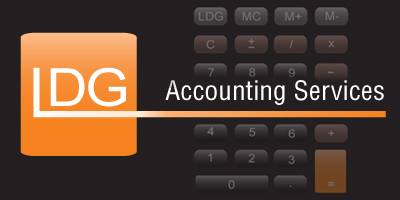Small Business Resources
OUR SERVICESThe Right Start For Business Success
Tips For Successful Small Businesses
Business Metrics for Small Businesses
When Does Your Small Business Need to Expand Staff?
A Sensible Accounting Checklist for Small Businesses - Part 1
A Sensible Accounting Checklist for Small Businesses - Part 2
How Do You Deliver Modern Customer Service to a Modern Customer?
Types of Business Structures and Tax Implications
How to build a better business credit score
Gwinnett County Business License
https://www.bankrate.com/credit-cards/building-better-business-credit-score/
https://www.gwinnettcounty.com/web/gwinnett/Departments/PlanningandDevelopment/LicensingandRevenue
Small Business Accounting FAQ
What is the difference between bookkeeping and accounting?
- Bookkeeping records daily transactions (invoices, payments, receipts).
- Accounting interprets, classifies, analyzes, and summarizes financial data for decision-making and tax compliance.
What records do I need to keep for my business?
Keep records of:
- Sales & invoices
- Receipts & expenses
- Payroll & employee records
- Bank statements
- Tax filings & forms
Retain these documents for at least 7 years for IRS compliance.
What financial statements should I track?
- Income Statement (Profit & Loss) – shows business profitability
- Balance Sheet – displays assets, liabilities, and equity
- Cash Flow Statement – tracks cash in and out of your business
How should I separate personal and business finances?
- Open a dedicated business bank account
- Use separate business credit/debit cards
- Don’t mix personal and business purchases—it complicates taxes and reduces legal protection
Do I need accounting software?
Not required, but highly recommended.
What expenses are tax-deductible?
Common deductions include:
- Office rent or home office portion
- Equipment & software
- Business meals & travel
- Advertising & marketing
- Professional services (accountants, legal)
How often should I update my books?
Ideally weekly or at least monthly. Regular updates help you:
- Spot cash flow issues early
- Stay tax-ready
- Avoid costly errors
Should I hire an accountant or do it myself?
- DIY is fine for simple operations with basic tools
- Hire a pro if you’re growing, taking out loans, dealing with payroll, or facing complex issues
What is accrual vs. cash accounting?
Cash basis: Record income/expenses when money changes hands
Accrual basis: Record income when earned, expenses when incurred
Most small businesses start with cash basis, but accrual gives better long-term insights.
What KPIs should I watch?
- Gross Profit Margin
- Net Profit Margin
- Accounts Receivable Turnover
- Break-even Point
- Cash Flow Forecast
